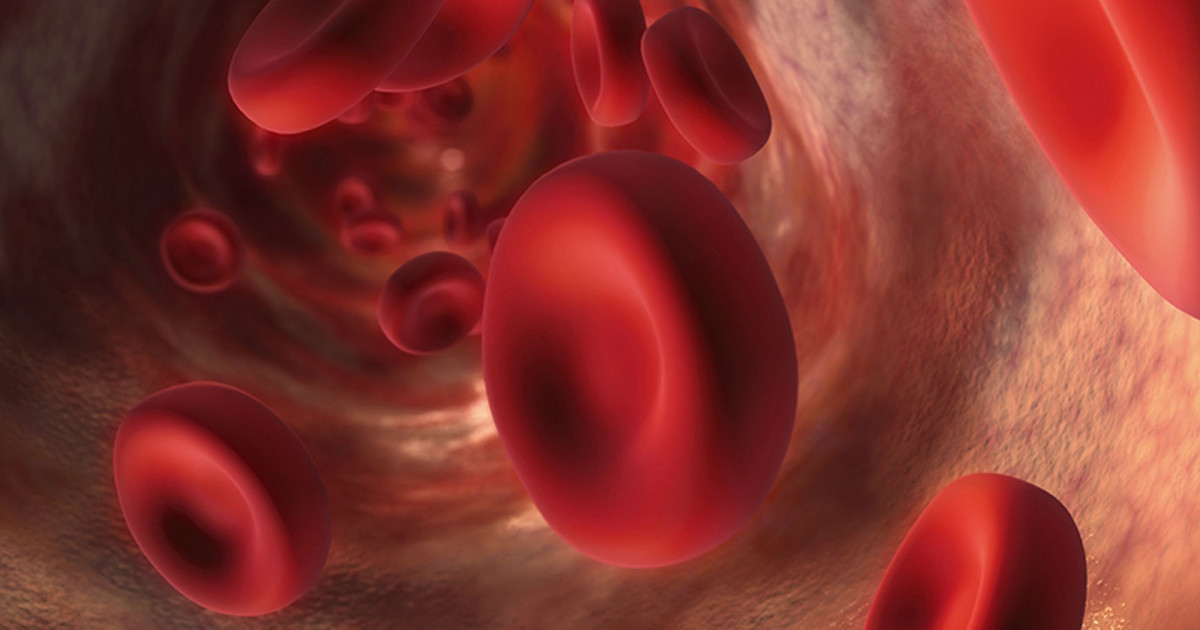Risk Factors And Causes Of Pernicious Anemia
Pernicious anemia is best characterized as a condition where the body is unable to produce enough healthy red blood cells due to an insufficient amount of vitamin B12. This disease is considered an autoimmune disease, which is where the body uses its immune system to attack and damage its own healthy tissues. In this case, the immune system targets the intrinsic factor or a protein the stomach makes that is needed to absorb vitamin B12. Pernicious anemia can result in permanent damage to organs and nerves if it is not treated in a timely manner.
Vitamin B12 Deficiency

A vitamin B12 deficiency can happen for numerous different reasons, however, only certain causes of a lack of vitamin B12 can be considered increased risk factors for pernicious anemia. An individual who has a deficiency of vitamin B12 due to a surgical partial or full removal of the stomach will have an increased risk of pernicious anemia due to low intrinsic factor. In addition, individuals who have a vitamin B12 deficiency because they have had portions of their small intestine (where vitamin B12 is absorbed) surgically removed are also at an increased risk for pernicious anemia.
Individuals who have a disorder or disease of the intestinal tract that interferes with nutrient absorption and causes a deficiency of vitamin B12 also have a higher chance of developing this type of anemia. Furthermore, individuals who have a B12 vitamin deficiency due to a poor or vegetarian diet or due to the use of certain medications that interfere with proper absorption are both more likely to develop pernicious anemia.
Macrocytes

When the body does not have a sufficient supply of vitamin B12, macrocytes (or megaloblasts) or abnormally large red blood cells are produced by the body. Sometimes the size of the abnormal cells does not allow them to leave the bone marrow and travel into the bloodstream the way normal red blood cells do. This means there are fewer cells in the bloodstream capable of carrying oxygen to the various tissues around the body. This is due to the irregularly large cells being produced instead of normal red blood cells.
When an individual has these abnormally large cells in the blood, it is called macrocytic anemia. Someone who has macrocytic anemia has more of a chance of having pernicious anemia than others, simply because pernicious anemia is a subtype of macrocytic anemia. Usually, when pernicious anemia is associated with megaloblasts, symptoms manifest as general weakness, excessive fatigue, and lightheadedness. These symptoms occur from the lack of oxygen supply to the body tissues due to the presence of too many megaloblasts.
